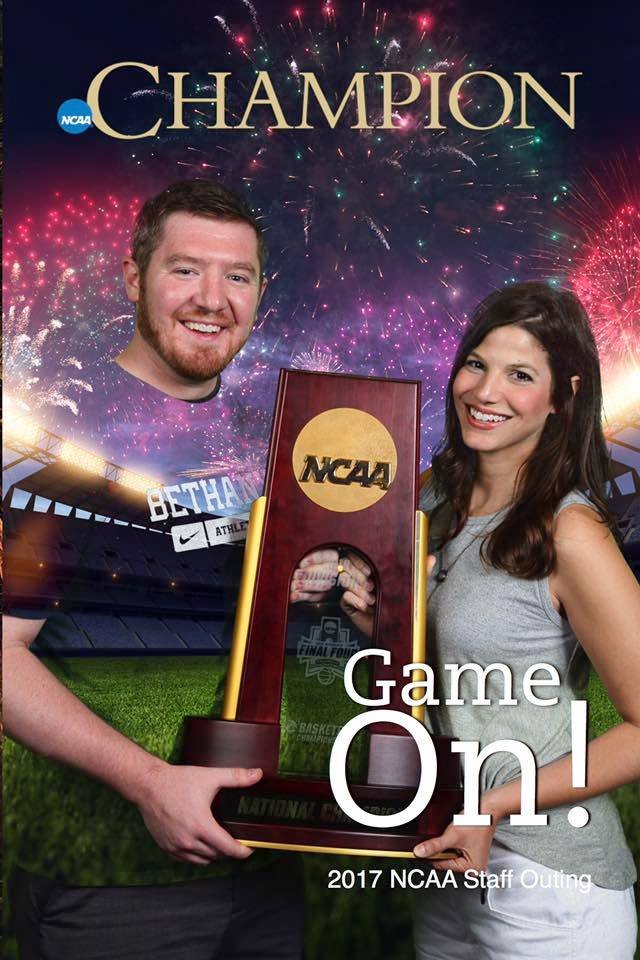If you are reading this you are likely an undergraduate member or a Phi Kappa Tau volunteer. We hope this list of frequently asked questions will help you to better understand the Phi Kappa Tau Brotherhood Assessment.
What is the purpose of the Survey?
In order to get a more accurate picture of the strengths and areas of improvement for Ph Kappa Tau, we will be partnering with Dyad Strategies to administer a simple survey to our entire undergraduate membership. The purpose of which is to provide better resources for groups long term, backed by the data from our membership itself.
Who gets to take the survey?
All undergraduates, including new members. The assessment will be sent to each member INDIVIDUALLY via email, to the email address listed in Phi Kappa Tau Portal. The survey link is unique for each person and will not work if it’s forwarded to other people.
How long will it take?
The entire survey will take 25 – 30 minutes to complete.
What’s the deadline?
Ideally the survey is completed at the first chapter meeting you hold after receiving the survey via email. Chapters will have until November 5th, 2024 to complete the survey in a timely manner.
Does everyone have to take it?
We hope everyone will. Chapter presidents will receive weekly reports showing exactly who – and who hasn’t – completed the survey. To get statistically significant results, each chapter needs to have 60% of their members complete the survey.
Are the results confidential?
Results are confidential and intended for internal use, individual results will not be made public nor will your chapter’s leadership have access to your response.
Members who don’t receive the survey email
If you do not receive the survey via email it is likely due to a minor database error, please have your chapter president reach out to their Success Manager to resolve the issue.
Help! We have problems!
Please refer to your Chapter Consultant for diagnosing email issues, participation issues, general concerns, etc.
What will the weekly participation reports look like?
The chapter president will get a weekly participation report. It will be a simple excel sheet that lists overall participation statistics for your chapter, plus a detailed report of each member and his survey status. For instance, you’ll be able to see that 72% of the chapter started the survey and 67% completed the survey.
Then, for an individual member, you can see if he received the email, opened the email, started the survey, or completed the survey. You won’t be able to see any survey answers, just the completion status.
This is how you’ll be able to offer incentives to individuals who complete the survey quickly and follow up with members who haven’t started it yet
What if people don’t answer seriously? Will that affect our chapter results?
Possibly. This survey is for the benefit of chapter leaders, to provide direct feedback from your members. If students give dishonest or glib answers, that will affect your results. The survey tabulation software has some built-in controls for “fake data,” so one or two goofballs won’t skew your results. The best way to prevent this is to build excitement for the survey, offer incentives, and make it a priority for the fall term.
What if we don’t agree with what the report says?
The Brotherhood Assessment will convey feedback directly from your members. It’s possible that what your members say is different from your own thoughts and assumptions. That’s OK. The chapter report is intended as a starting point for information and conversation about the culture of your chapter.
Will the results be used for any disciplinary action against a chapter?
No. The questions are about the attitudes and experiences of your members. There aren’t any questions about specific incidents or events.












